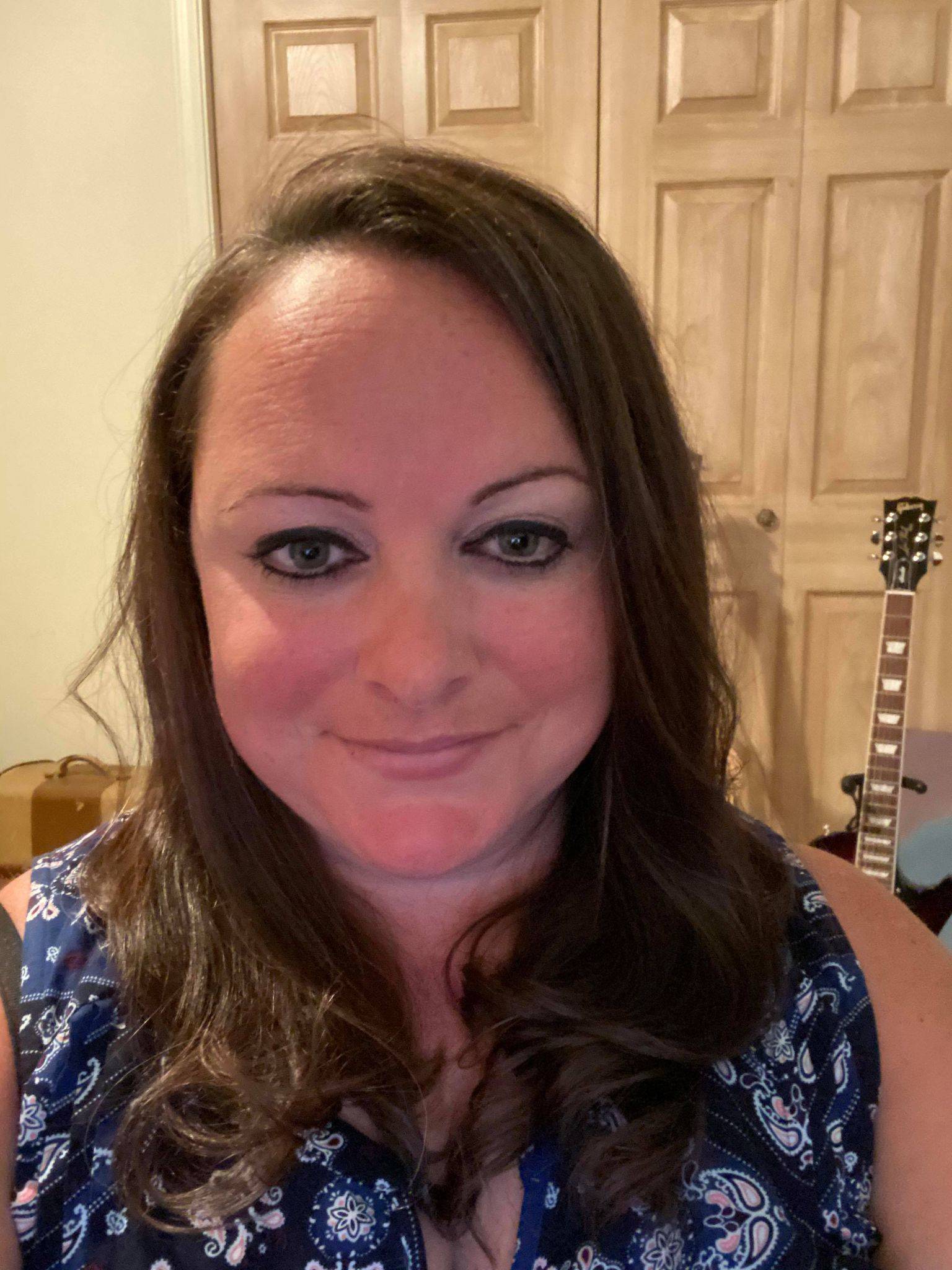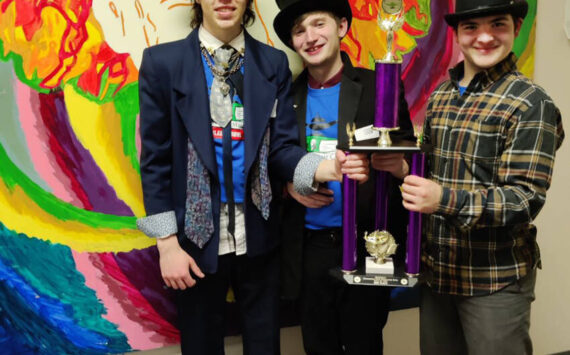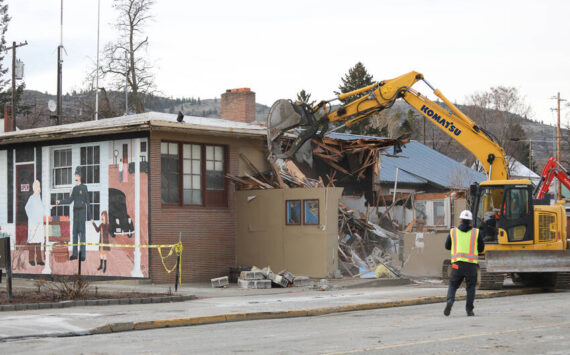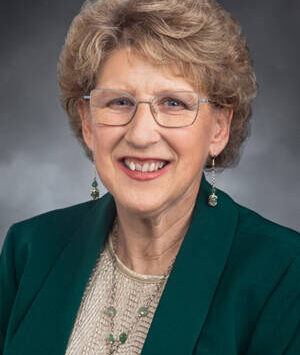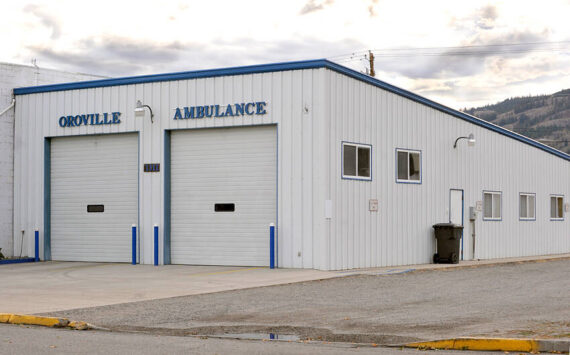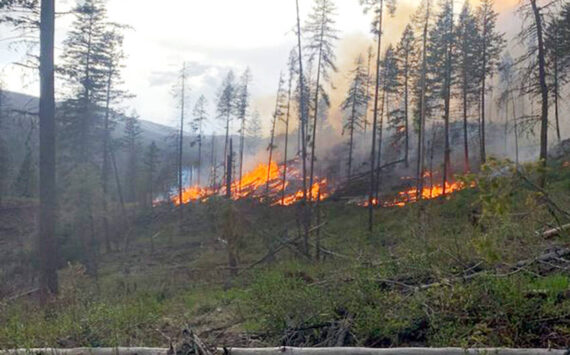TONASKET — For nearly a year, Megan Barton of Tonasket, struggled with long-haul COVID-19 illness symptoms. After months of suffering agonizing and mysterious ailments, Barton experienced complete freedom from symptoms upon being fully vaccinated.
According to the Centers of Disease Control and Prevention most people with COVID-19 get better within weeks of illness, some people experience post-COVID conditions. Post-COVID conditions are a wide range of new, returning, or ongoing health problems people can experience four or more weeks after being infected with the virus that causes COVID-19. Even people who did not have COVID-19 symptoms in the days or weeks after they were infected can have post-COVID conditions, known as long-haul COVID.
Barton was diagnosed with COVID-19 in July 2020. Months into her recovery she began to notice a larger than usual hair loss. Her hair seemed to be shedding more than double the normal amount. This went on for over a month and her hair was so thin she feared she was balding.“In January I gave up and went to my PCP about my lung pain and shortness of breath that would come and go for six months along with the cough and fatigue. At times my lungs would feel like they were on fire and all I had done that day was sit at my desk in my office. This strange burning in my lungs would sometimes last for a few hours but often up to a week at a time. The shortness of breath happened in similar intervals with or without exercise. It was at the PCP appointment that I learned several of her patients that had had Covid were reporting the same experiences I was, including the hair loss. It was suggested that I may have developed asthma, something I’ve never had before. A chest x-ray was taken to rule out any pneumonia or other issues and I was scheduled for a PFT (Pulmonary Function Testing). It appeared that I had ‘long haulers’ symptoms, symptoms from Covid that continued to happen long after my initial infection. Would this ever go away? Was this my new normal,” said Barton.
In May, Barton, who is Executive Assistant at Mid-Valley Hospital in Omak, was fully vaccinated and after months of unexplained ailments, her symptoms completely disappeared.
When the vaccines were released, Barton said she was quite hesitant to get one, but not because of the vaccine itself.
“Rather, I was hesitant because I had heard personal accounts and read other accounts of people like me who had a tough bout of Covid that when they received the vaccine their bodies reacted heavily. After having struggled for so long with the initial infection and dearly regretting not seeking emergency medical attention when I should have, I was afraid to feel that sick again. I was afraid that the initial vaccine reports I was reading about (in medical releases, not the media) were going to be my experience; I was afraid of being that sick again. So, I decided to wait as thousands more just like me received the vaccine to see if this continued to be a common experience,” said Barton.
Nearly four weeks post-second dose of Pfizer, Barton said she noticed that she wasn’t struggling with any of the “long-haulers” symptoms anymore.
“In fact, I haven’t at all. I had a mild reaction, as to be expected, from the first dose which lasted about three days, and included mild headaches, muscle aches, swelling and pain in the shot arm, sweats, and chills. But it was nothing compared to my Covid experience. I had even less of a reaction with the second dose which was more of just feeling a little punky and for less than 12 hours. After that first 12 hours, I felt totally normal, like my old self, and I felt great,” said Barton.
According to reports given by Yale Medicine, as many as 30 to 40 percent of those who get vaccinated have reported improvements to their symptoms. However, it is unclear as to why this is happening. Researchers believe it’s possible that the vaccine is helping the immune system fight off the residual virus which is lingering and clearing these remnants away.
The same report states that not all people with long-haul COVID-19 symptoms respond the same way to being fully vaccinated. In some cases, the patient felt worse.
Barton said she believes it should remain each individual’s personal choice as to whether they are vaccinated or not.
“I think people should honor others’ personal choices but should be considerate of those they affect around them. Just because someone chooses to have a vaccine, or someone chooses not to be vaccinated, we need to honor each other’s wishes. We need to respect that. We don’t need to be rude or angry or treat people poorly because of their personal choices about being vaccinated,” said Barton.
